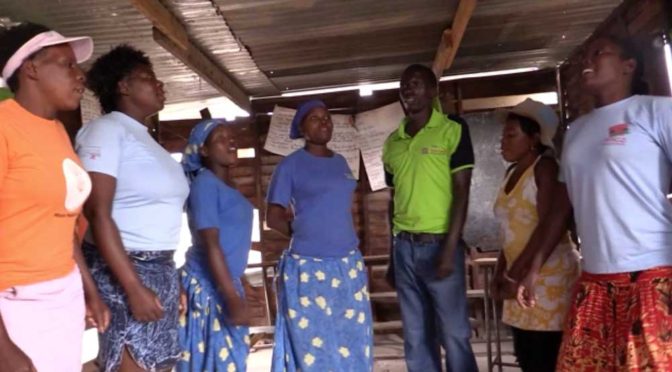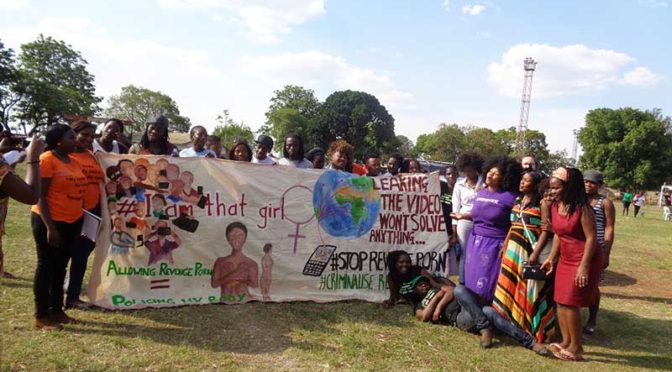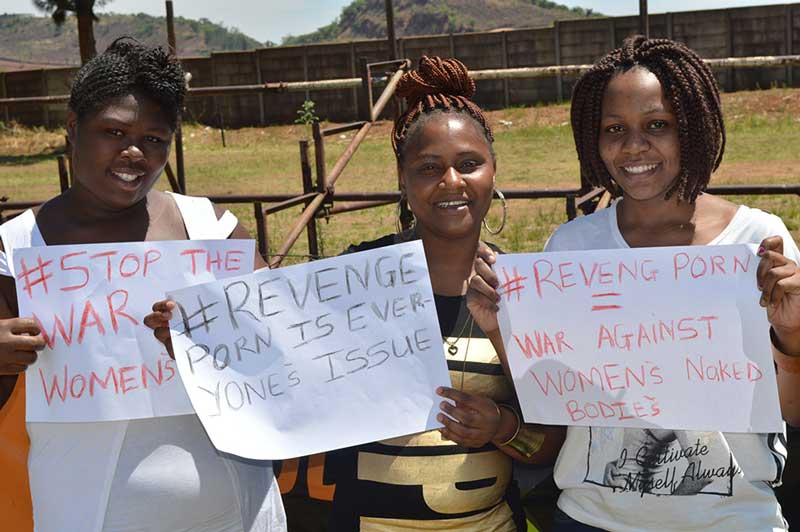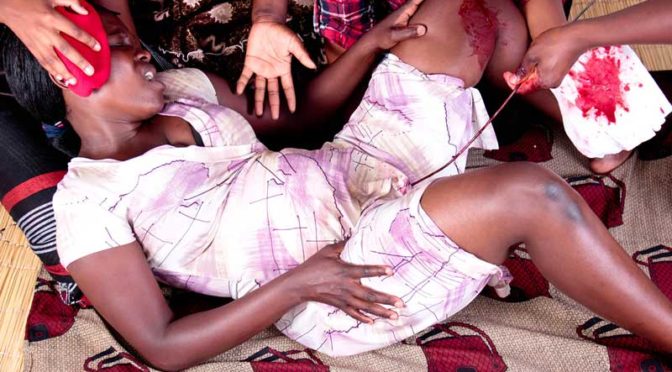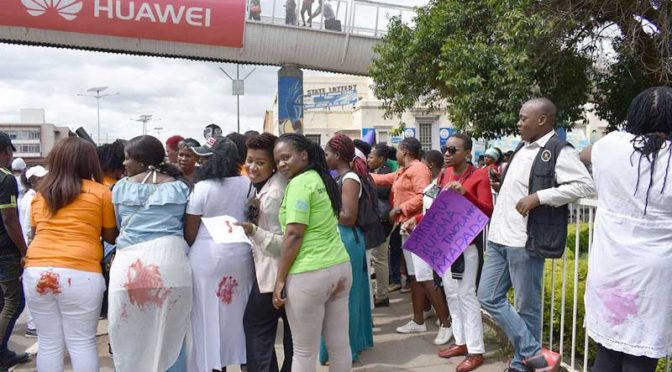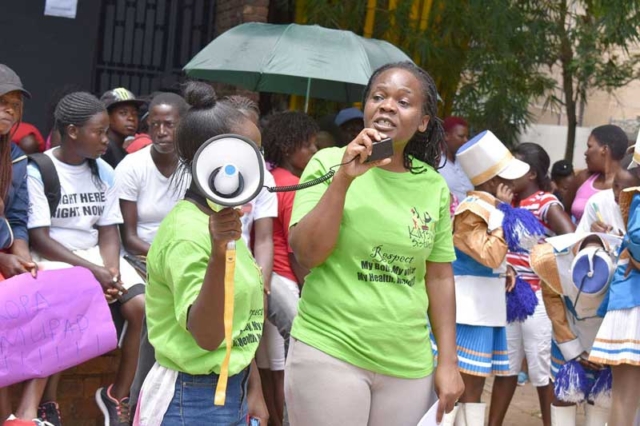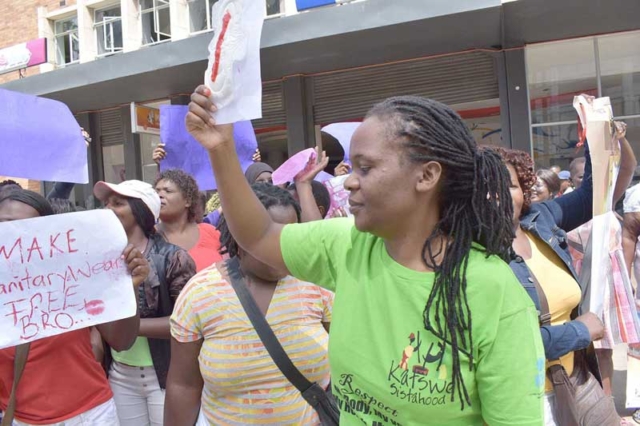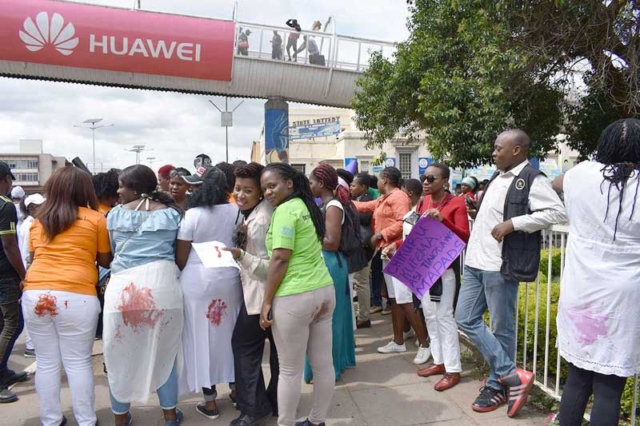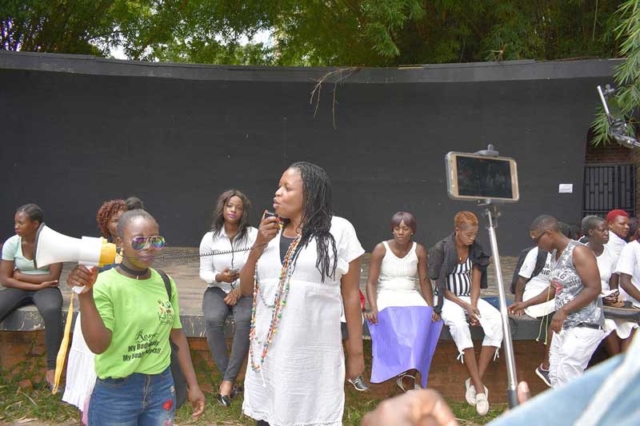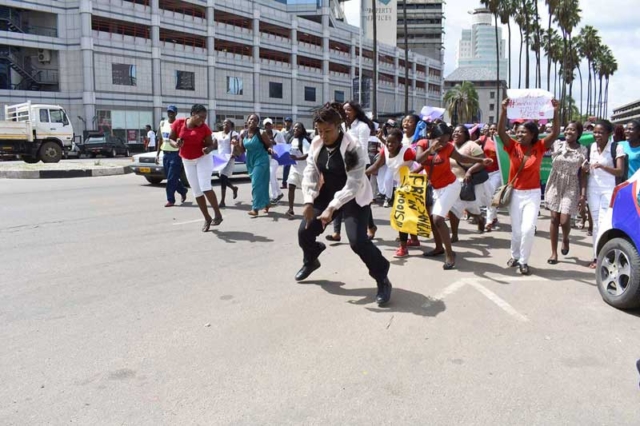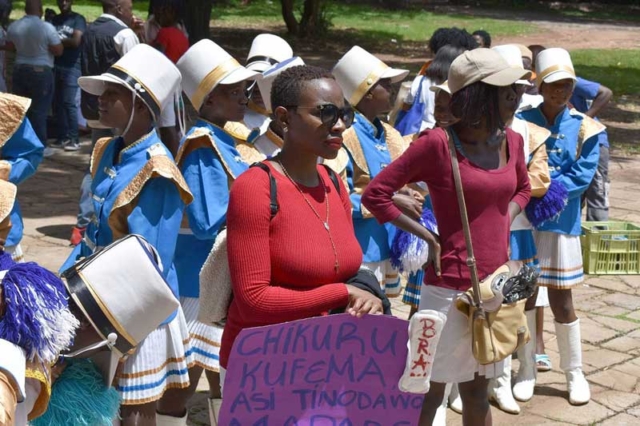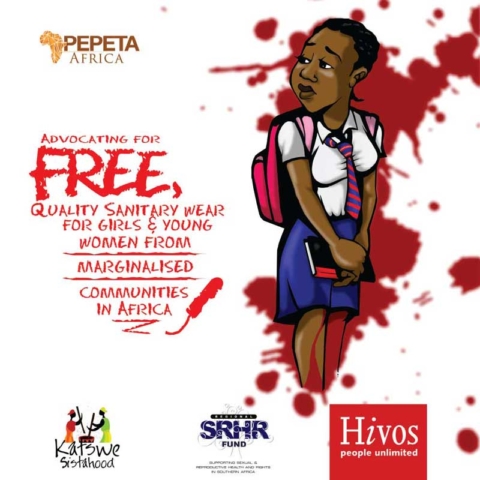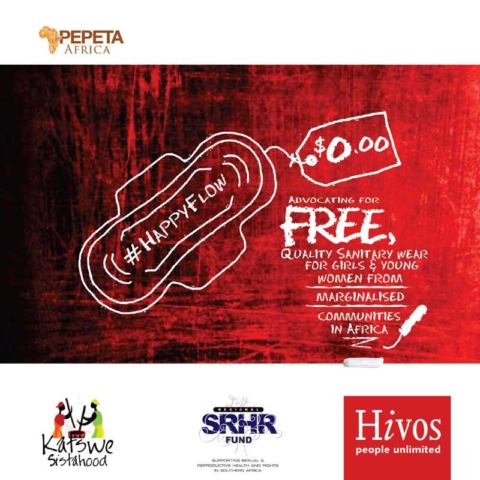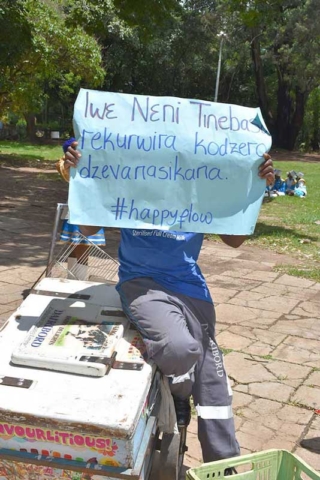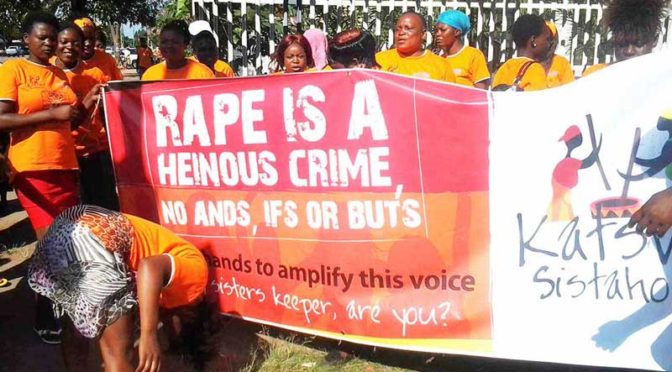Background: Mildred Mapingure vs Minister of Home Affairs, Minister of Health and Child Welfare, Minister of Justice Legal and Parliamentary Affairs
In 2012 a Chegutu woman, Mildred Mapingure successfully sued the Ministries of Home Affairs, Justice and Health following her failure to secure a termination after she had fallen pregnant because of rape. Though she followed the procedure as set out in the Termination of Pregnancy Act by the time she secured a termination it was too late for doctors to perform the procedure. In holding the state liable, the court highlighted the areas of the law that needed to be addressed to ensure that no other woman will be failed by the law. Seven years ago, the Ministry of Health and Child Care, as the Ministry responsible for administering the ToP Act, was tasked by the Supreme Court to effect these critical changes.
Legal gaps: Mapingure case
In its analysis of the Termination of Pregnancy Act, the Supreme Court highlighted that the absence of a procedural guide was a challenge, women could not easily determine what the law required. The Court acknowledged that further clarification is required. The Supreme Court pointed out that s 5(4) of the Act is inadequately framed and lacks sufficient clarity as to what exactly a victim of rape or other unlawful intercourse is required to do when confronted with an unintended pregnancy.
- According to s5(4) (a) (i) and (ii), the issuance of a magisterial certificate is preceded by a complaint having been lodged with the authorities and the submission of relevant documents by those authorities. The term “authorities” is not defined in the Act. It is necessary to specifically identify the “authorities” that are referred to in the provision and to define their obligations with adequate precision.
- The subsection obviously needs to be amended. It is also necessary to systematically spell out the procedural steps that the complainant herself must follow to obtain the requisite magisterial certificate to terminate her pregnancy. This is especially so in the present context, where it is more likely than not that the complainant will not have any legal representation.
Recommendations: Minister’s Obligations in the Act (Section 3 AND 13)
Although the ToP Act urgently needs review, issue of abortion is highly contentious and is contested by various religious and traditional making any public hearings on amendment of the law risky. However, the Minister of Health and Child Care can effect some changes to the Act through Statutory Instruments. The Minister of Health and Child Care is mandated under the ToP Act to,
1. Define designated institutions
Section 3-The Minister may, by statutory instrument, declare any hospital, clinic, or other institution to be a designated institution for the purposes of this Act and shall specify the person who shall be the superintendent of that designated institution.
2. Provide regulations for the Act
The Minister may by regulation provide for all matters which by this Act are required or are permitted to be prescribed or which in his opinion are necessary or convenient to be provided for in order to carry out or give effect to this Act.
Quick Wins: Areas for Reform
The procedures for obtaining a termination must be victim friendly, easy to follow and capable of being implemented swiftly. The Minister needs to consider including the following in an SI or regulations,
1. Expanding the definition of unlawful sexual intercourse to include statutory rape and child sexual exploitation.
2. Increasing the number of institutions that can provide abortion services by redefining the term “designated institution”.
3. Providing guidance on the procedure for the application and issuance of a certificate of termination from the Magistrates’ Court. The law should provide for,
(a). Definition of an authorised person.
(b). Clearly state that any Magistrate can issue the certificate to avoid practise where only a provincial Magistrate is authorised to issue such certificate.
(c). Time limit between application and issuance of the certificate (24 hours is preferable).
(d) Empower VFU to issue certificate of termination in areas where a magistrate is not easily accessible and obligate VFU to keep a register of such authorisations for submission to the local Magistrate. OR
(e) Consider doing away with the procedure in the Magistrates’ Court in favour of VFU.
4. Broadening the scope of persons authorised to perform a termination to include midwives and other clinicians.
Proposed Regulations
1. Interpretation Section
“authorised person” means any of the following: a medical practitioner, a general nurse or a midwife or a clinical officer who is trained to perform a termination of pregnancy.
“medical institution” means a State hospital or clinic or private hospital or clinic or such other medical institution as may be declared to be a medical institution for the purposes of this Act;
“unlawful sexual intercourse” means—
- (a) rape, including sexual intercourse with a mentally incompetent female;
- (b) sexual intercourse with a girl under the age of 16 in contravention of section 70 of the Criminal Law Code;
- (c) sexual intercourse within a prohibited degree of relationship, other than sexual intercourse with a person referred to in paragraph (i) or (j) of subsection (2) of section 75 of the Criminal Law Code.
- 2. Amendments in relation to section 3
- (1) A termination that may lawfully performed in terms of this Act may be carried out in a State hospital or clinic or private hospital or clinic or such other medical institution as may be approved by the Minister to be a medical institution at which a lawful termination of pregnancy may be performed.
- (2) An approval under this regulation—
(a)must be given in writing,
(b)must be published by the Ministry in such manner as it thinks appropriate.
3. Amendment to Section 5(4)
(a) Immediately after a female person has laid a complaint with the police of unlawful sexual intercourse, the police officer receiving the complaint must arrange for a medical examination to be carried out on the complainant and for a medical report to be compiled.
(b) The police officer then must advise the complainant that the law provides that, if she so wishes, she is entitled to have her pregnancy lawfully terminated on the ground that the pregnancy was the result of unlawful sexual intercourse.
(c) If the complainant states that she wishes to have her pregnancy terminated, the police officer must advise the complainant that she must as soon as possible swear an affidavit that the pregnancy was the result of unlawful sexual intercourse and the police office must assist her to draw up and swear this affidavit.
(d) Not more than 24 hours after the female has sworn the affidavit, a police officer of or above the rank of Assistant Inspector must certify in writing that the complainant has lodged a complaint of unlawful sexual intercourse.
(e) The police must within 24 hours arrange for the complainant to be conveyed in the presence of a police officer to the nearest medical institution at which it is permitted to perform a lawful termination and arrange for her to be seen by the person in charge of that institution and must hand to the person in charge of the institution and must hand over the complainant’s sworn affidavit, the police affidavit and the medical report to the complainant.
(f) On receipt by person in charge of the medical institution of the police certificate and the attached affidavit, the person in charge must arrange for a termination to be performed as soon as possible provided that it is still safe to perform the termination.
(g) An authorised person may perform a termination of pregnancy on the ground that the pregnancy was the result of unlawful sexual intercourse, provided that the procedures below have been followed.

